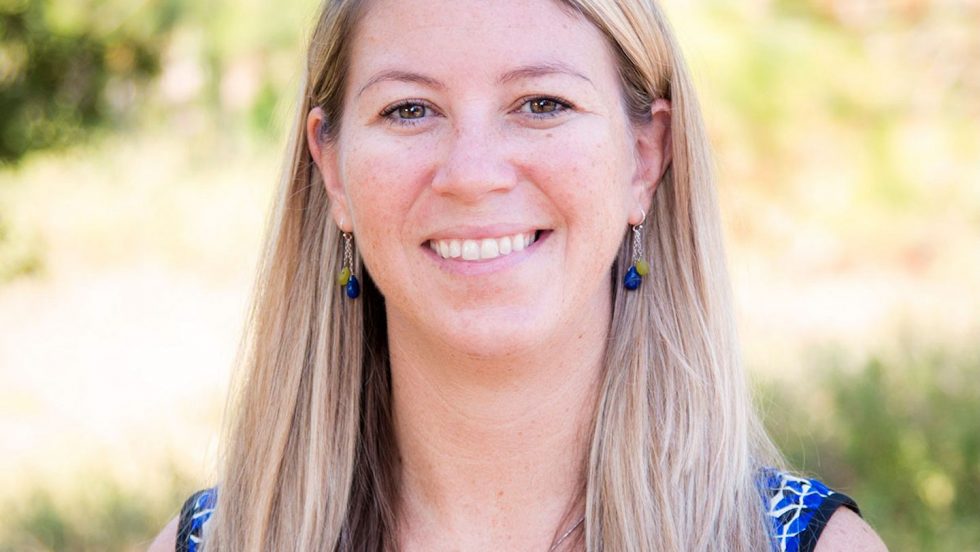New College of Florida Professor Jayne Gardiner to Serve as Program Director for National Science Foundation

The NSF is a leading United States government agency that supports science and engineering research and education. Program directors facilitate merit review panels, recommend funding decisions for the agency, and support a diverse science community—spending time onsite at the NSF building in Alexandria, Virginia. The Biological Oceanography Program, specifically, focuses on aquatic organisms and their relationship to their environments.
“I’m honored to serve in this position and to represent New College in such a prestigious organization as the NSF,” said Gardiner, who has been a professor at Florida’s designated public honors college since 2014. “I am excited to contribute my expertise towards supporting cutting-edge marine research at the national level, while enhancing the reputation of New College, and bringing visibility to our outstanding science programs.”
Gardiner was appointed to her role at the NSF on June 6 and will serve for one year, with opportunities to extend the position up to four years. The NSF provides time for rotating directors to continue conducting their own research, as well as mentoring students, at their home institutions. This allotted research time is critical for Gardiner, who is actively involved in numerous marine biology projects at New College.
For example, she was recently awarded a $49,800 grant from the Disney Conservation Fund (DCF) for her research on great hammerhead sharks in lower Tampa Bay. She is currently using long-term acoustic transmitters to study habitat use by juvenile great hammerhead sharks, which are listed as critically endangered by the International Union for the Conservation of Nature (IUCN).
Gardiner concentrates much of her research on the sensory ecology and behavior of fishes (primarily elasmobranchs such as sharks, skates and rays)—working to understand how animals use sensory cues to perform complex behaviors such as feeding, navigation and homing.
She holds a Ph.D. from the University of South Florida, a master’s degree from Boston University, and a bachelor’s degree from McGill University. Her research has multiple implications for management and conservation, especially for threatened and endangered species.
Abby Weingarten is the senior editor in the Office of Communications & Marketing.
